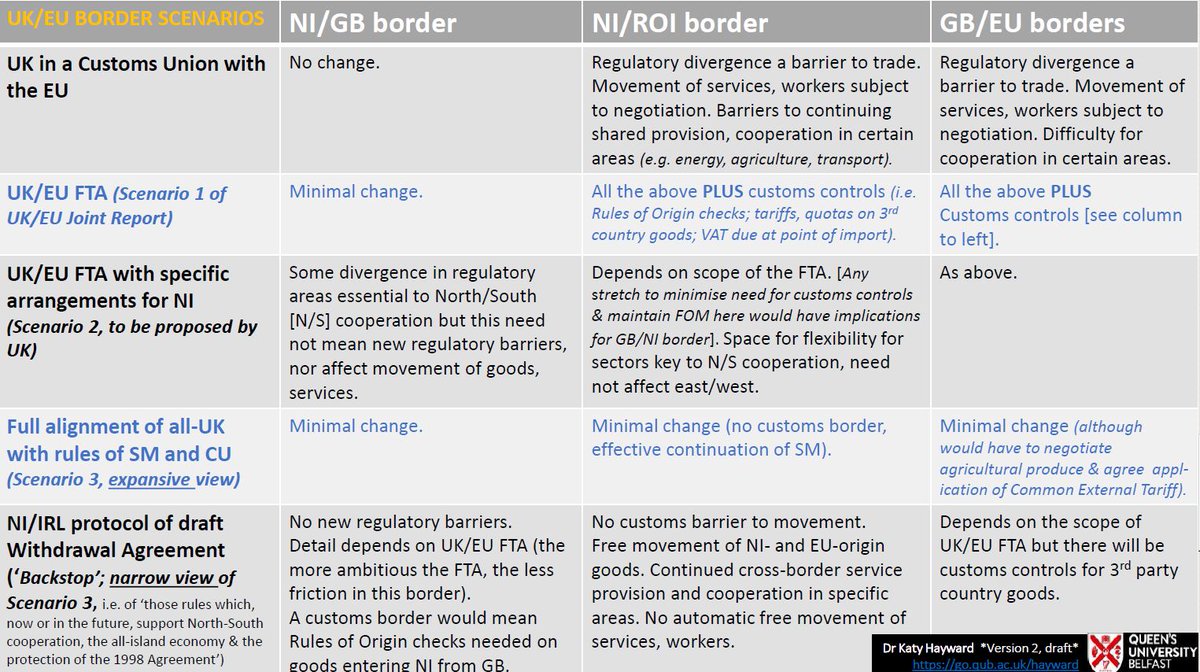It looks to me that happenings since 2015 for instance is a far cry from how we used to live or how we would like to.
A Thread
You can't run faster than your shadows; Before you can develop as a nation, you will have to embrace your own uniqueness, peculiarities,
techniques( crude or refined), vision, mission and ideology to further advance economically, politically and socially. These is how Russia, India, United States of America, China, Singapore, South Korea
Let's consider the rights of free primary education,. Most low income countries like naija have less than one-tenth the PPP💲 GNP per capita of The United States of A,
The Nobel laureate Amartya Sen's emphasis, on broadening choice rather than freedom from external
Sen argues that freedom (not development) is the ultimate goal of economic life as well as the most efficient means of realizing general welfare.
Mao Zendeng was largely influenced by Karl Marx and Vladimir Lenin's ideology otherwise referred to as Marxist-Lenin ideology which partly failed Mao's China
Lessons; you can't divulge today's economy from past policies. Vladimir Lenin's ideology is what gave rise to yesterday's Soviet Union and








